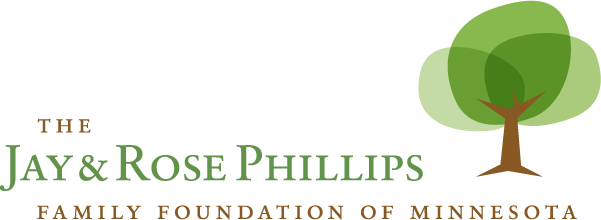by M.L. Kenney, Communications and Fundraising Coordinator at Friendship Academy for the Arts
Recently, C3 devoted a professional development day to discussing the intricacies of white supremacy. For part of the day, we broke up into two caucuses: one for white people, and one for people of color. After we had reconvened as a cohort and discussed the findings of each caucus, Max, our VISTA leader, led us in a brief mindfulness exercise. We breathed in and out as Max asked us to consider our physical, intellectual, emotional, and spiritual well-being.
For our November family involvement meeting at my host site, Friendship Academy, a parent gave a presentation on mindfulness. It was a hit; the families and staff in attendance loved it. I was moved by the idea that you can think and observe your way to a happier life, though it was not lost on me that there are many other concrete factors influencing our quality of life.
Lately, mindfulness is a concept that seems to pop up in almost everything I do. What is mindfulness? At first, to me, it sounded kind of New-Agey and reminded me of my middle school health textbook, which consistently and bizarrely replaced the word “healthy” with “healthful.” The whole thing seemed like a weird kind of posturing, putting a lofty spin on basic human functions.
But mindfulness is, in fact, for everyone! It’s a term we use to talk about how we can notice things in the present moment, with high levels of awareness and minimal self-judgment. A “mindfulness practice” will ideally allow you to make better decisions with greater kindness toward yourself and others. Practicing mindfulness can determine the way you eat or exercise; it can help you develop more meaningful relationships; it can be a means, simply, to stay focused and get things done at work.
How do you start? It’s extremely simple: first, all you have to do is notice. For example, a few weeks ago, I said something in a conversation with a friend that I regretted. Venting to a confidante, I explained that I couldn’t stop thinking about the interaction, that I was plagued with compulsive thoughts about what had transpired and was worried about the outcome.
Wisely, this confidante did not tell me to “just stop thinking about it,” but instead said: “Imagine a conveyor belt. You can see every thought that goes past you on the belt. You can notice it. But don’t grab it. Just watch it go on its way.”
Paying attention, it seems, is how everything starts. As a white woman with class privilege, working in a predominantly African-American run school serving low-income children of color, it’s my responsibility to challenge the way I think and communicate daily. By being actively mindful throughout the day, particularly in meetings and at events, I am able to ask myself: What is my motive in saying this/doing that? Am I making space for others or thinking too much about my own role? Am I serving, or being self-serving? By listening carefully and reading the room, I am even able to consider how to appropriately ask others what they need from me. And then I act accordingly.
A huge helper for me so far this year has been Kelly C. Weiley, who runs CoAct Consulting and has been guiding our cohort through an online course called “Navigating Difficult Conversations.” Kelly’s tips and tricks for how to work through an interpersonal challenge all begin with mindfulness: was I actually listening to the other person, or was I in my own head? How did I interpret their message? Was this conversation about the issue at hand, or was it really about someone’s feelings? How can I act on what I notice in a way that maximizes our collective potential for growth?
I make plenty of mistakes, and I accept that this will happen despite my best efforts. Being empathic towards myself, rather than self-castigating, allows me to think clearly about my actions and how to monitor my behavior in the future. This way, I can better guarantee that my work and lifestyle become more sincerely anti-racist, self-aware, and kind.
The privilege of having the opportunity to talk through these things is not lost on me. The privilege to sit with them and really feel their impact is also not a small one.
Obviously, there are problems with mindfulness as a concept. It is, perhaps, an inappropriate application of aspects of Buddhism, intertwined with the westernization/colonization of yoga. Mindfulness is surely sometimes trotted out as a shoddy replacement for necessary and more effective mental health treatment. And, of course, all of this “awareness” is useless without corresponding action.
But it’s important for us, I think, to hold all these truths at once. In my opinion, the practices I’ve been learning are a way to boldly face these contradictions. My self-awareness is expanding, and I am ready to do the work.
